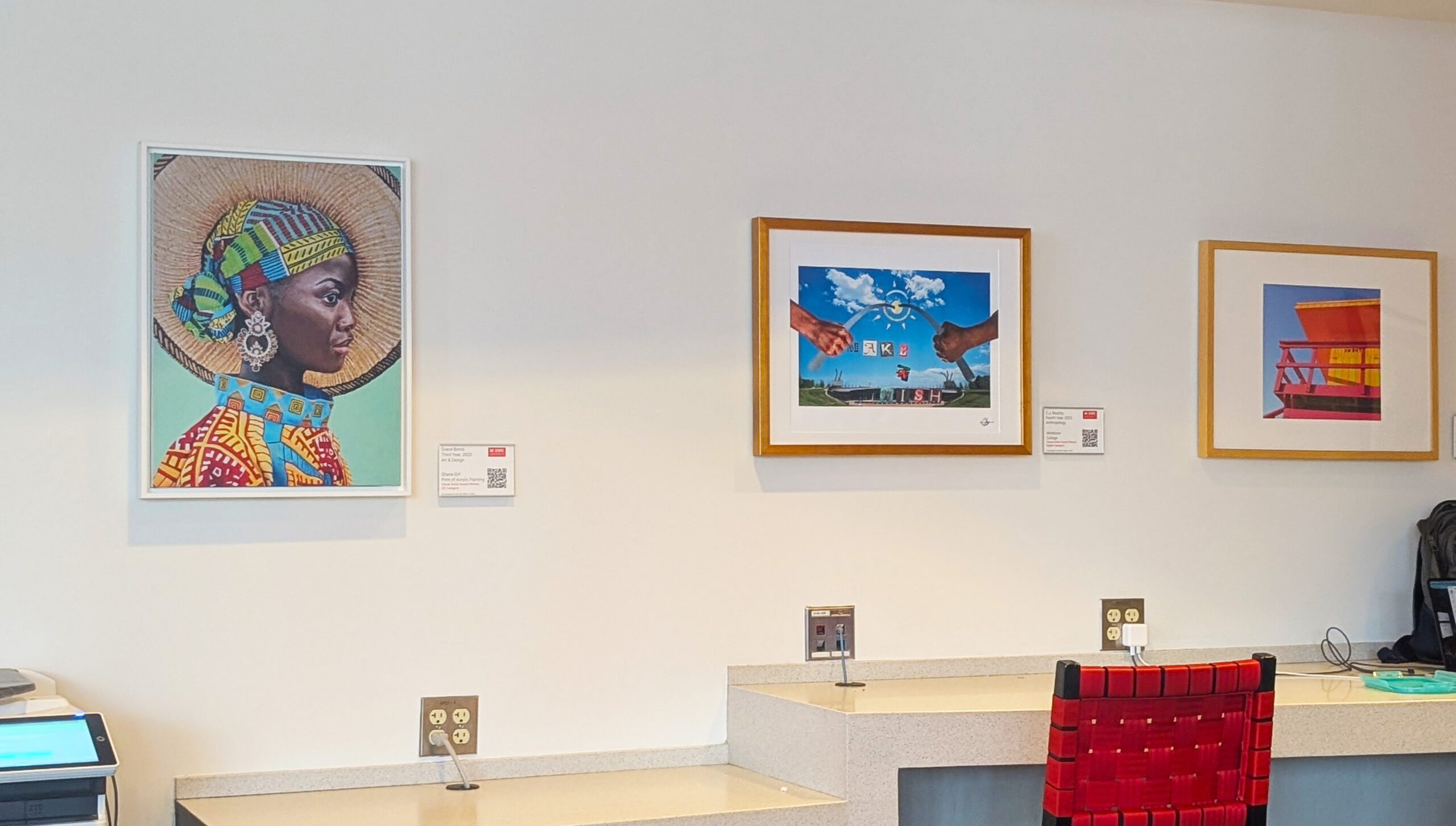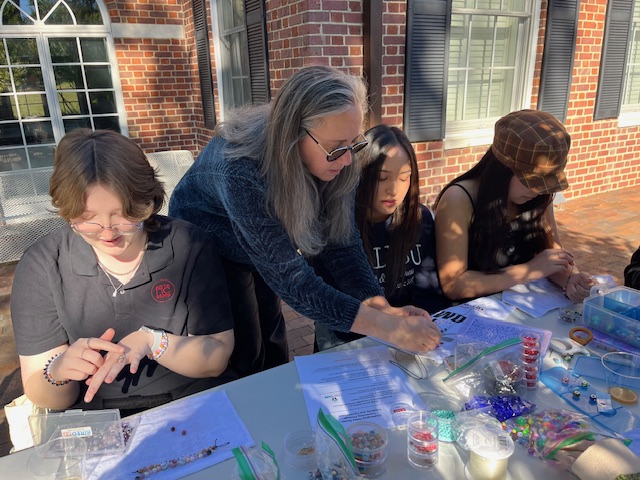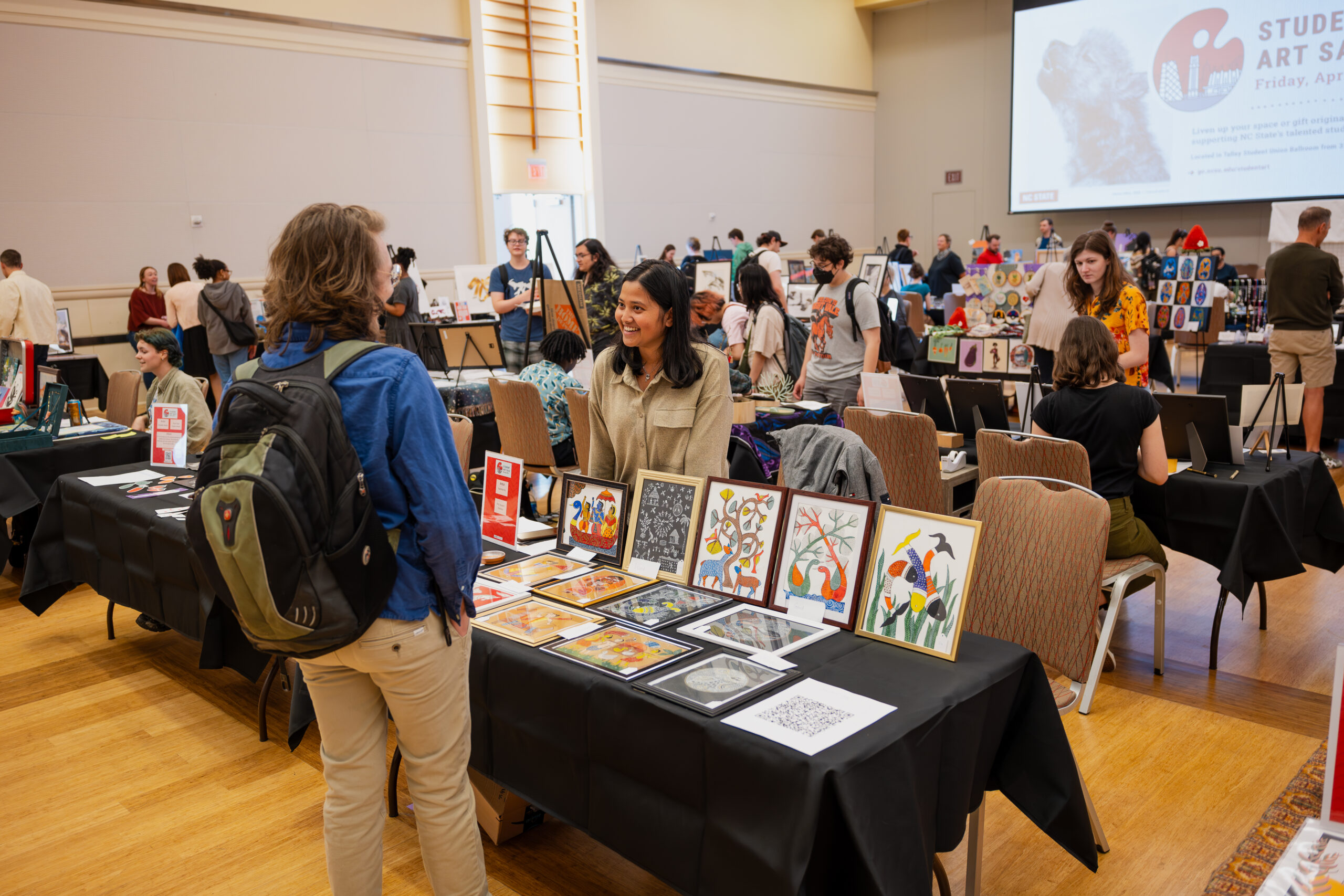Our Life in The Arts
Questions, reality, and musings on a life of joy and wonder
Vol. 1, No. 6
June 14, 2021
Money
By Rich Holly
I decided to write about artists and money about three months ago. Over that time period I’ve collected several thoughts, ideas, and resources to help me construct this post. Mostly what I’ve learned over the past few months is that I now have a much deeper appreciation for why there are so many websites, blogs, and videos about money management. There’s a LOT to talk about when it comes to money. I won’t get to all subtopics in this post, but I’ll shed some light and present some ideas you can hopefully benefit from.
I’ll start by cutting to the chase and the impetus for this post: I’ve met and spoken with too many artists who are fearful (some horribly so) about money.
Disclaimer: I am not a trained or licensed financial planner. I’ve never taken an accounting course. What follows are simply some of my observations and ideas for you to consider if money – or the lack thereof – stresses you out. Some of these are based on my own experiences, others are based on experiences that my friends and colleagues in the arts have shared with me.
Most artists have at least one period in their life (and I have been there, too) in which we do not have enough money to cover the bills and take care of basic necessities. Some of us escape from this period quickly and without lasting damage, and for others this period lasts way too long and creates years- or decades- or life-long anxiety about money.
Let’s all sit back for a few minutes and let Pink Floyd give us their take on money:
One of the lines in those lyrics is “Money is the root of all evil.” How many times in our lives have we heard that saying? While we have all seen examples of truth to that phrase, for many of us that first heard it early in life, money then became a fear factor. This phrase is a misquote from the Bible and yet we hear it in this manner far more than the way it was originally written. Subtext: money is bad.
But I submit that money is neither good nor bad – it just is. It’s necessary, sure, but is not inherently either good or bad. How it’s used may be good or bad, or how you think about it may be good or bad, but money itself is neither. So, if money is causing stress in your life, take steps to use it differently and think about it differently.
The media and entertainment industries have not helped, with their glamourizing of huge homes, expensive cars and clothes, travel, and so on. Many of us grow up wanting those things and yet we certainly have nowhere near enough money to embrace that kind of lifestyle. For some artists I’ve spoken with, not having money at that level is depressing to them. They want a new car – and not just any new car, but a luxury vehicle. Yet their monthly income barely allows for them to cover the cost of a bus pass. My advice here? Spend within your means – and better yet, below your means if and when possible.
I started using a phrase with my children when they were young, and I know many families whose children also acted just like this: they would see some object on TV, or on a store shelf, and want it – want it badly. When my answer to “Can I have X?” was “No,” they would of course pout or even stomp their feet, and my favorite response became “Be grateful for what you have, not upset about what you don’t have.” Over the years I’ve come to appreciate this phrase more and more as I meet with university students for life-advising sessions, and I believe it’s a phrase many artists would be well-served to adopt and accept.
Recognizing fully that for some what funds you have is not enough to even pay the bills (and again, I’ve been there, too), instead of getting upset or anxious it’s time for you to take action. What can you do to bring in more money? What can you do to reduce your expenses? I’ve suggested getting a part-time non-arts job many times to students and young aspiring professional artists, and often I hear them respond with something similar to “but I need the time to work on my artistry!” Sure, you need all the time you can get to work on your artistry, but the key part of that is you can get. It’s not all the time.
What are you spending money on that isn’t actually necessary? I see many people holding $5 coffee beverages from a national chain each and every day. Some of those people have told me they don’t have enough money. I’ve known young artists who became collectors – sneakers, Star Wars paraphernalia, etc. – and yet cannot pay their bills. I’ve met artists who are barely scraping by from the sale of their artistry or their pay for artistic services yet refuse to take a “day gig” to help pay the bills. I’ve seen alcohol and cigarette consumption cause people to not have enough money to pay the bills.
Haven’t we all heard of the aspiring actors who are waiting tables while they also wait for their next paid acting gig? Good for them. Here’s a little advice, which I hope isn’t too harsh: DO WHAT YOU HAVE TO DO. You HAVE to pay your bills. Spend less – simplify – and earn more. Simple concept, which I know is not easy for all of you to do.

Here’s a list of jobs I had (some simultaneously) before I had my first full-time, adequately-paying job in the arts:
- Newspaper recycling collector
- Stock boy for a heath and beauty supply shop
- Golf course caddie
- Plastics factory worker
- UPS packer for major auto parts manufacturer
- Musical instrument repair person
- Reading books-to-tape for the blind
- House painter
- Camp counselor
Throughout all those years I played every gig I could get, both for honing my skills and artistry as well as for bringing in more money. I made sure I practiced every day, for as little or as much time as I could fit in. Many of the skills and attributes I learned and got better at through those other jobs helped me immensely when it came to time management, relationship development, and focus on my artistic endeavors – thus, those other jobs were time very well-spent.
Do you budget your money? Do you know how to budget? If the answer to either of those is “no,” I highly recommend you learn and practice budgeting.
I was very lucky in this regard. My mother, prior to getting married, was the executive assistant to the CEO of McGraw-Hill Publishing. She had serious secretarial, organizational, and financial expertise. My mother handled all the bills in our house – weekly she would pull out a large expandable/accordion folder and sit at the dining room table to keep track of banking and bill paying. Mind you, my father worked 2 jobs and overtime at one of them so the bills could be paid (in the era when most wives were homemakers). So, we were not broke, not poor, but also not much above that, either. My mother started sitting me down at the table with her when I was about five years old and would describe to me what she was doing. A year or two later she created my own budgeting system for my weekly allowance – and this is one my favorite stories to tell:
She gave me a small metal file box, with perhaps 8-10 envelopes in it. I had to determine what my money would be spent on. My standard expenses included money for drum sticks, something from the candy store, bicycle tire tubes (which used to blow out way more often than they do today), 45 RPM records, and a couple of other items. She started giving me my allowance in pennies – 15¢ at first, and 25¢ a couple of years later. Each envelope was labeled for a category of expense, and I had to choose how many pennies each week would go into each envelope. I definitely chose poorly several weeks, but over time I got better at it and more confident that I was making the right decisions. For the past 20 years or so I’ve had positions that required me to be in control of multimillion-dollar budgets. My childhood budget training has come in very handy, let me tell you.

I don’t know your personal situation, I don’t know where you live, and I don’t know what might be available to you. But don’t let a lack of money create anxiety in your life. There are several options with flexible hours for earning money that may well fit an artists’ lifestyle well: Donate plasma, or drive for Uber Eats or Grubhub or something similar if you have a car. As we start to come out of the pandemic, there are more and more working-from-home jobs available, both part- and full-time, many with flexible hours.
To be clear, I’m not only concerned that you may not have enough money to pay bills, I’m very concerned about your mental health on the subject of money. Just as I’m not a financial advisor, I’m not a licensed counselor. But there is great help available for those who need it, including this list of recommendations, this book, and this helpful site for artists.
The thing is, I want you to thrive. I want your passion for and dedication to your artistry to be the guiding light it’s meant to be. I want your artistry and passion to inspire and teach the next generation and bring joy to millions. But for too many of us, money gets in the way. Determine ways around that issue, take action, and your artistry will shine.
****
Rich Holly serves Arts NC State and the NC State University community as the Executive Director for the Arts.
- Categories:


